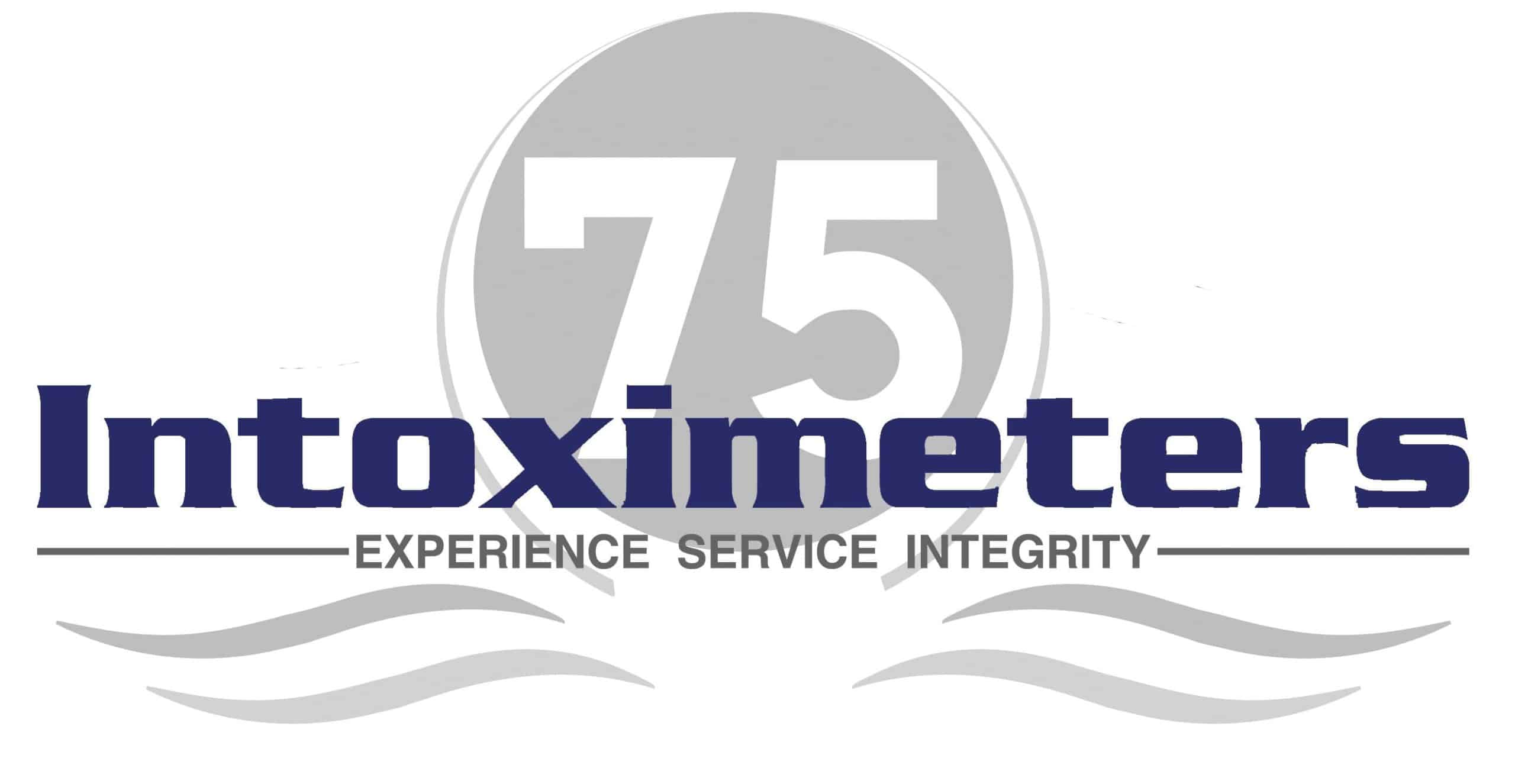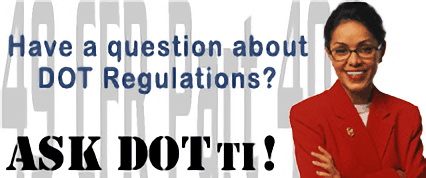Technical FAQ
Each company will write or adopt its own set of rules/policies that conforms to state law. Many companies consult with legal counsel specializing in employment law when establishing a company policy regarding drug and alcohol testing.
No. The NRC has a Fitness For Duty program that includes drug and alcohol testing. The rules were recently changed to be more in-line with the DOT procedures, but there are differences. Click on the link below for a summary of the NRC alcohol testing procedures.
More information regarding NRC testing can be found in the Training section of this website. Any of our workplace training courses can provide instruction on alcohol testing under the NRC rules as well.
Try the Nuclear Regulatory Commission’s website at the link below. The Training section of this website also has more information regarding the NRC program.
The Organisation Internationale de Metrologie Legale (aka OIML) is an internationally based, intergovernmental treaty organization that promotes harmonization of legal metrology procedures for approval of legal measuring instruments and devices.
In regards to breath alcohol instruments, the OIML has released a ‘recommendation’ for Evidential Breath Alcohol Instruments under their R-126 document. As a ‘recommendation’ this document is designed to provide guidelines for a minimum standard to approve evidential breath alcohol instruments. The individual program must decide which of these procedures they will implement based on their unique breath testing needs.
The document can be obtained directly from OIML’s website by using the links below.
The document can be purchased off of OIML’s website (Ethanol Breath Analyzers are coded on this site as R 126).
The following informational links are regarding COVID-19, published by the DOT:
ODAPC publication:
https://www.fmcsa.dot.gov/emergency/fmcsa-covid-19-drug-alcohol-testing-guidance
FMCSA guidance:
https://www.fmcsa.dot.gov/emergency/fmcsa-covid-19-drug-alcohol-testing-guidance

